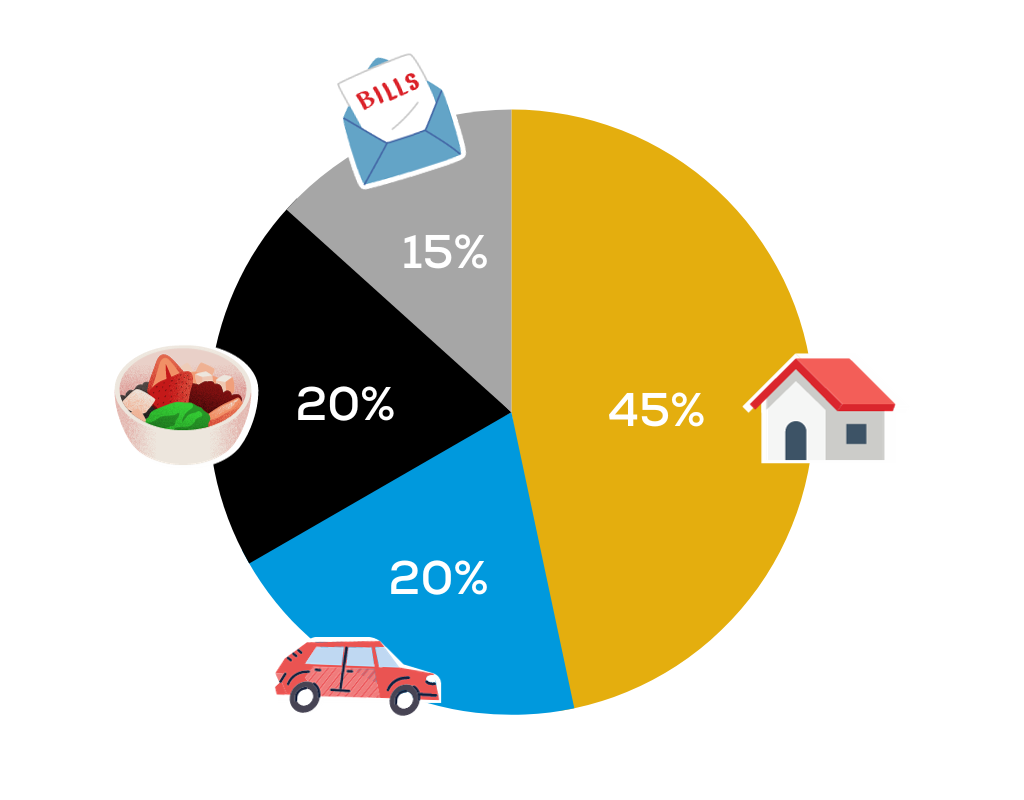Don’t wing it! Get your guide for
How to Choose Your Financial Advisor.
Get our complete guide written by financial professionals. Find out how to identify the best advisor for you, how to get them to want to work with you, and how to prep for your meeting.



